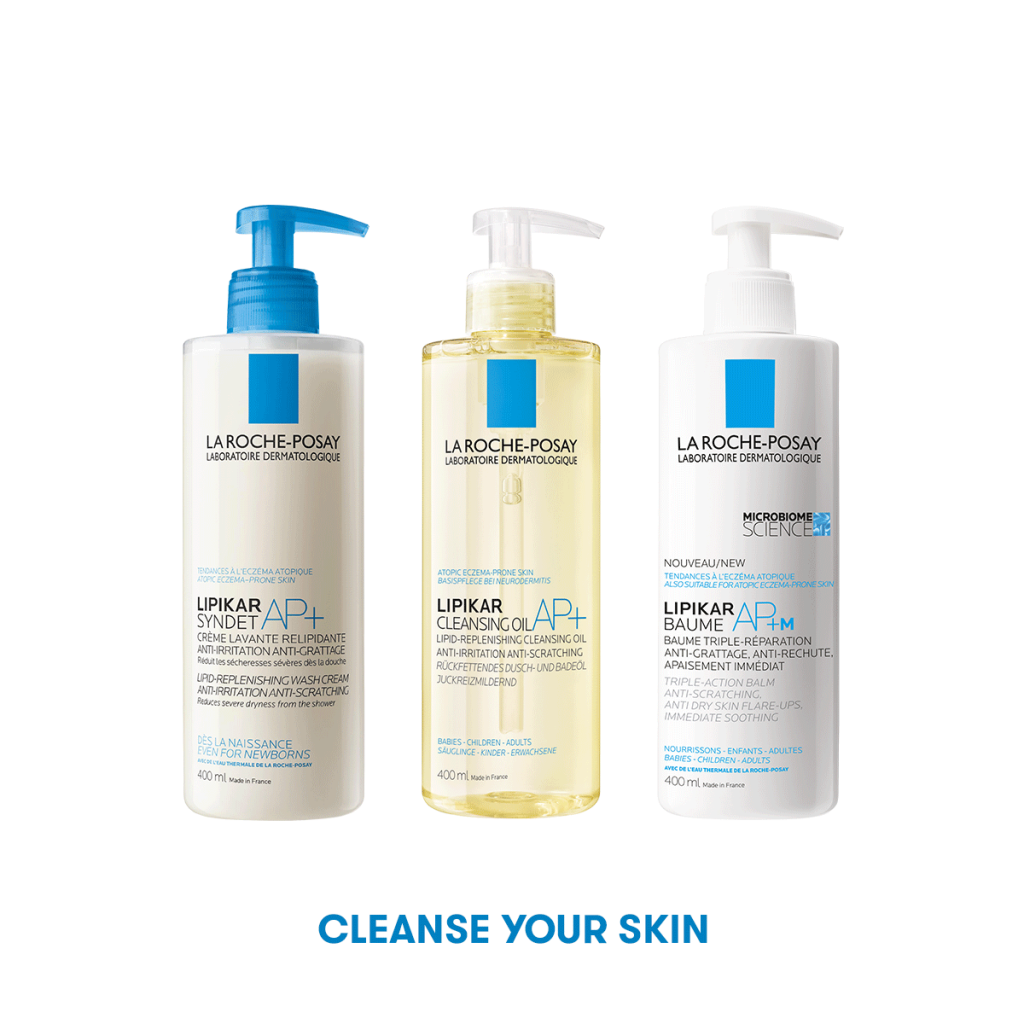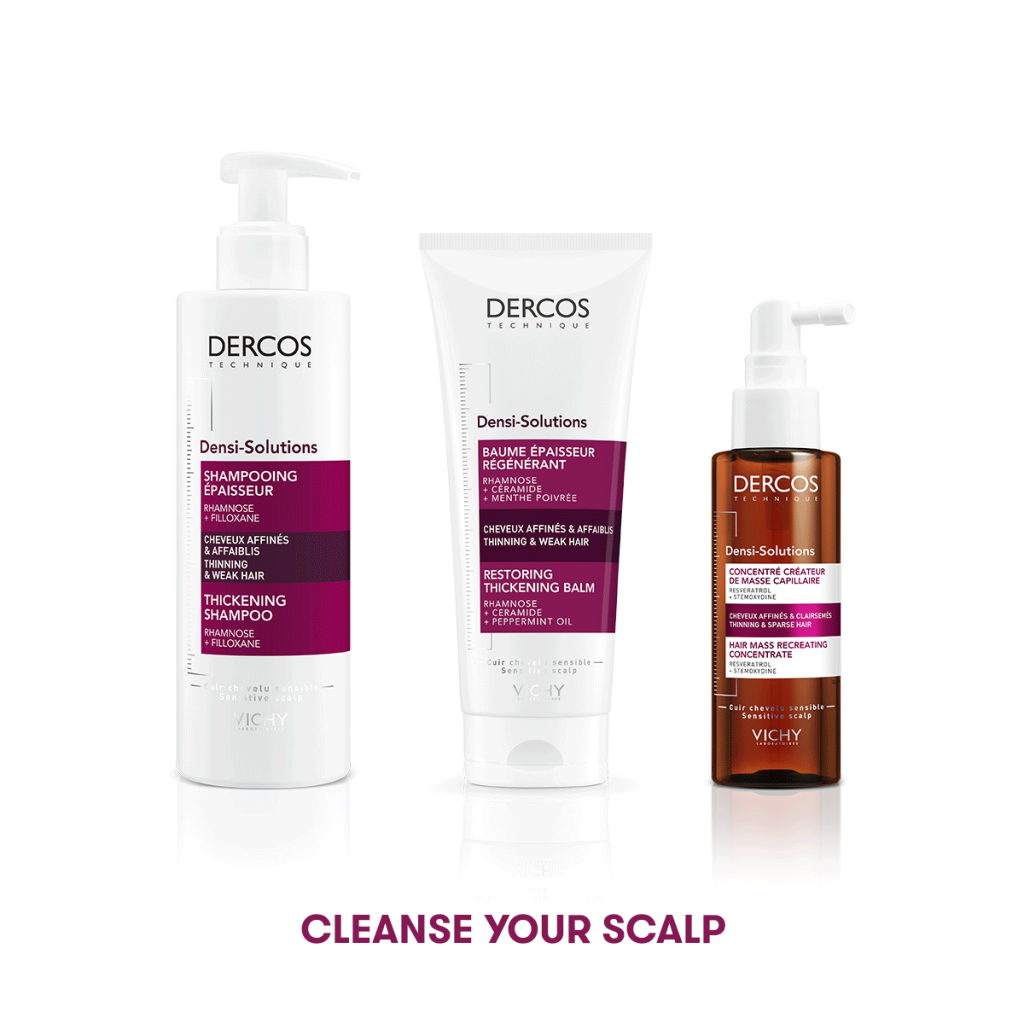A microbiome is a collection of the genetic material of bacteria, fungi, and viruses that naturally live in a particular environment or habitat. Humans depend on their microbiome for certain functions such as food digestion and immune response. As humans, we have a unique microbiome that is different from that of plants or oceans. It is estimated that there are around 100 trillion microbes in the human microbiome, the vast majority of which live in the intestines. The most recent studies found that there are 1.3 bacterial cells to every human cell.
The microbiome is affected by several factors, especially (but not exclusively) during the first few years of life. It stands to reason that because the microbiome makes up such a large part of our bodies and its processes, and because it inhabits all the parts of our body that are exposed to the environment (e.g., skin, mouth, vagina), anything that affects the microbiome directly affects and therefore changes our bodies.
For example, the more varied our diet is, the greater the variety of bacteria can continue to thrive and multiply in our microbiome. This is because the food we take in provides material for the bacteria in our digestive system to break down. Variety in the microbiome is considered desirable and is thought to affect immunity, the level of nutrition that our bodies can absorb from food, chronic disease (e.g., inflammatory bowel syndrome) and even mental health. There is speculation that the influence of the microbiome may cause certain cravings for foods and so sway dietary choices.
Aside from the microbiome inside our body, we are also carrying with us a whole host of organisms living on our skin, including the scalp and hair. These microorganisms, also referred to as skin flora, play an essential role in our immune system and skin appearance. A healthy skin with a varied microbiome can defend the body against any bad bacteria you encounter. Factors like body temperature, skin thickness, skin acidity, density of glands and hair follicles, and amount and size of skin folds affect the environment of this flora. For this reason, different parts of our bodies will have a different microbiome.
The microbiome on your skin and hair can be damaged with harsh skin products and soaps, as well as with the incorrect use of antibiotics. A lack of diversity in the microbiome can lead to breakouts, dryness or excessive oiliness, redness, and other problems. For this reason, it is important to:

- Cleanse and dry your skin correctly: use gentle products such as Lipikar Syndet AP+ (ideal for sensitive, dry to very dry skin) or Lipikar Oil AP+ (idea for irritated and allergic dry skin types) that do not upset the balance of your skin. After cleansing, moisturise with Lipikar Baume AP+ which contains a unique formula with prebiotic for the skin microbiome.
- To cleanse and treat your scalp, opt for a shampoo and conditioner in the Vichy Dercos range which suits the condition of your hair, to nourish, repair and maintain a healthy microbiome.
- Use products as recommended by specialists, without overdoing it. On the other hand, do not let too much product build up without cleansing. Choose products that have been studied with the skin’s microbiome in mind.
- Eat well and stay hydrated.
- Wear natural fibres against your skin.
It is easy to forget that we walk around accompanied by a huge number of microorganisms on and inside of us. The truth is that we could not live without them, nor is it possible. It is true that we are what we eat, but we are also what we use on our skin and the way we treat our bodies. To maintain a healthy body, we must respect each aspect in a holistic manner.
Sources:
Amon, P. Sanderson, I. What is the microbiome? British Medical Journal. September 2017. Accessed at: What is the microbiome? | ADC Education & Practice Edition (bmj.com)
Greshko, M. How Many Cells Are in the Human Body – And How Many Microbes? National Geographric. January 2016. Accessed at: How Many Cells Are in the Human Body—And How Many Microbes? (nationalgeographic.com)
Introduction to the Human Microbiome. American Microbiome Institute. Accessed at: Our microbiome — The American Microbiome Institute
Why Your Skin Microbiome is Important—And 5 Ways to Protect It. Ask the Scientists. Accessed at: Why Your Skin Microbiome is Important—And 5 Ways to Protect It – Ask The Scientists



